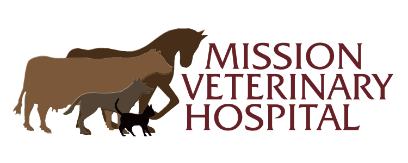National Pet Month’s Guide To Fit, Healthy and Happy Pets
During the pandemic, there has been a lot of focus on keeping in good shape. Being overweight can lead to a series of significant health issues and this is the same for pets as well as people.
Research from PFMA (Pet Food Manufacturers’ Association) shows approximately half of all cats and dogs in the USA are overweight, so the time is now to get them on the road to fitness.
Here are National Pet Month’s Top Tips for healthy weight management:
1.Pet Size Check
Weigh your pet regularly and check their body condition using Pet Size-O-Meters. Ideally, you should be able to feel their ribs with very light finger pressure. Body Condition Charts are a good way to identify whether your pet is overweight, but this is only a starting point, and it needs to be confirmed by your vet too.
2.Pawtion Control
Every pet food packet has a feeding guideline. These guidelines show how much food is needed per day. Recommendations are based on the pet’s weight and sometimes take in to account life stage and activity level. Although each individual pet will have their own needs, start with the recommended amounts and adjust accordingly. Adjustment may depend on your pet’s age, neuter status, breed, and lifestyle. Weigh portions out daily using an accurate kitchen scale.
3. Treating
Healthy treats can be a great way of bonding with your pet, but they should be no more than 10% of their calorie intake. 90% should come from their complete pet food. Remember to adjust meals accordingly when treating and avoid human food and table scraps which can be high in hidden calories for pets.
4. Let’s get pets fit!
Ensure an active lifestyle with walks and playtime which benefit your pet and you! Whether you have a cat, dog, small furry animal or pet bird, there are ways to keep them active and mentally stimulated. Pets such as rabbits, hamsters and guinea pigs housed in hutches and cages, need plenty of room to express their natural behaviour and have free movement. Environmental enrichment also ensures your pet doesn’t get bored. Providing safe toys and moveable objects for them to interact with provides physical and mental stimulation too.
5. A note to puppy and kitten owners
Like most health issues, preventing obesity is much easier than treating it. It is important for you to familiarise themselves with your pet’s healthy growth pattern – particularly for puppies that come in all different shapes and sizes. If you’re a new owner, start the process of weight and body condition monitoring as your pet grows and seek advice from your vet to keep you and your animal companion on track.
If your pet is overweight or you notice a weight gain or loss, always talk to your vet practice. They will rule out any underlying health issue before developing a weight loss plan with you.

Leave A Comment
You must be logged in to post a comment.